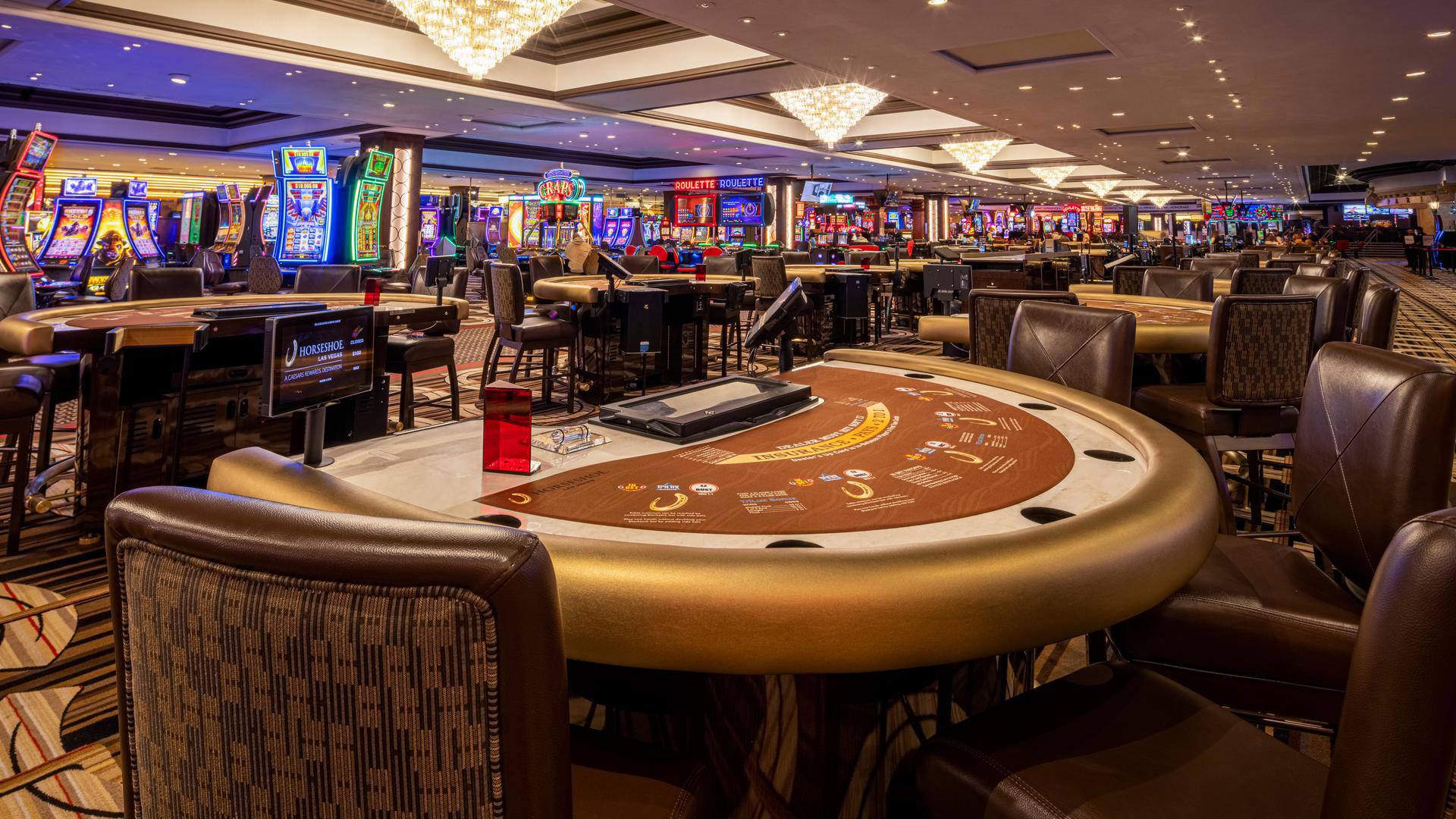
Casino entertainment have long been a captivating form of entertainment, drawing numerous of players from varied cultures around the globe. From the glitzy casinos of the Strip to the thriving gambling halls of the Chinese gambling capital, these games serve as a link that brings together people across a variety of backgrounds. The allure of fortune, tactics, and uncertainty entices not only those seeking to strike it rich but also those in search of a feeling of belonging.
The significance of casino games extends far beyond the gaming floor. They often reflect the social norms and beliefs of the cultures in which they thrive. Games such as poker, blackjack, and roulette have integrated into the fabric of mainstream culture, influencing everything from films to style. As we explore this captivating intersection of chance and society, we can better understand how casino games shape and are influenced by the surrounding world.
Historical Development of Casino Games
The origins of casino activities can be traced back to old cultures, where betting in various forms was widely engaged in. In China, around two thousand three hundred years before Christ, a variant of luck game known as Keno was common, while in old the Roman Empire, soldiers would often bet on the consequences of their matches. 918kiss apk download Malaysia The concept of using randomness for entertainment and gain evolved over the years, leading to the establishment of more formal games. By the end of the Middle Ages, gambling houses began to emerge in European nations, especially in the Italian peninsula, which brought forth early versions of well-liked games still enjoyed today.
As gambling gained recognition in Europe, the 17th and 18th centuries saw the rise of gambling establishments as dedicated venues for gambling. The earliest official gaming venue, the Ridotto, was set up in the Venetian city in 1638, offering activities like the game of Baccarat and Faro games. This time marked a major pivoting point, as gaming venues started to welcome not just the wealthy but also the burgeoning middle-income class. The complexity of games grew, leading to the introduction of new rules and versions that enriched the gaming experience.
In the 19th century, the industrial age and transformations in societal conventions additionally altered the landscape of gambling activities. The launch of roulette and modern slot machines attracted a broader clientele, and gaming houses became seen as legitimate recreation. This era witnessed the international spread of gambling, as gambling houses extended from European nations to the Western Hemisphere, culminating in the creation of the legendary Las Vegas Strip in the twentieth century. The development of gaming games has progressed into the current era, integrating technology and online sites, allowing them accessible to a worldwide population.
### Cultural Importance within Various Cultures
Casino games have significant cultural and social value in numerous communities across the globe. In Las Vegas, the very essence of the city is woven around gaming venues, where gaming is not just a hobby but a fundamental aspect of leisure and community interaction. The bright lights and vibrant atmosphere attract countless individuals, showcasing how casino games can influence local economical structures and local cultures. This environment transforms the notion of relaxation into an engaging encounter that affects style, melodies, and even cinema.
Conversely, some cultures treat gambling with more caution, considering it through the lens of ethical beliefs and customs. A case in point, in various Eastern cultures, games like Mahjong and Pai Gow Gambling are rich with history and carry significant social meanings. These games are often played during meetings and festivities, fostering community bonds and solidifying family ties. The act of engaging in these games goes above mere leisure, reflecting principles such as deference to seniors and the significance of communal fun.
Simultaneously, in European countries such as the principality of Monaco and Rome, games of chance serve as symbols of luxury and elegance. The refined atmosphere of these venues attracts both visitors and native inhabitants, maintaining a sense of prestige and exclusivity. The art of Texas Hold’em and the strategic features of games like banker’s game are esteemed, influencing social dynamics and creating an allure that fascinates a diverse audience. This highlights how gambling can simultaneously echo and influence cultural perspectives towards danger, benefit, and social interaction.
Financial Influence and Tourism
Casino games play a crucial role in the economic landscape of many areas, particularly those that depend significantly on tourism. The revenue generated from casino operations fuels local financial systems, creating jobs not only within the casinos themselves but also in connected industries such as hospitality, dining, and entertainment. This surge of tourists, drawn by the attraction of games and the overall casino experience, stimulates spending across multiple local enterprises, contributing to the economic health of the area.
The presence of casinos often leads to the construction of infrastructure, including hotels, transportation systems, and recreational facilities. These improvements are essential in enhancing the overall visitor satisfaction, making locations more attractive to visitors. Additionally, many casinos contribute in local communities through support of events and charitable activities, further embedding themselves into the community structure of the region. Such contribution not only supports economic growth but also cultivates a positive reputation of the casino industry.
In addition, the worldwide appeal of casino games drives competitive tourism, with locations vying to attract gamblers from across the globe. Iconic locations like Las Vegas and Macau have become identifiable with casino culture, drawing millions each year. This competitive edge encourages creativity and variety within the gambling sector, influencing trends in leisure and accommodation that resonate beyond their limits. The consequences of this visitor influx extend far, impacting local financial health and cultural interactions on a worldwide scale.
